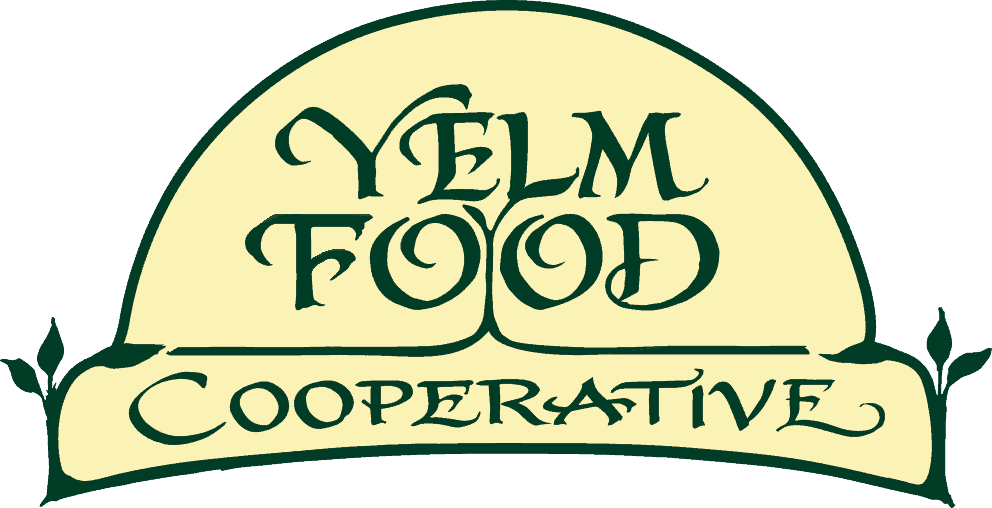Organic food is not too expensive for school meals, even by cash strapped school councils. Everyone could learn a lesson from Copenhagen where 90% of the food in public kitchens is now organic.
Organic foods are most often just brushed off as being a luxury, but it’s not. It is suggested that we are in a climate emergency, and the environmental impacts of all this cheap and ultra processed foods have too much of a cost in the long run, including on our health and well being. The public sector needs to step up and support more environmentally friendly farming practices, and international examples are showing that it is possible.
A few trail blazing countries such as Denmark and France are setting the world stage and leading the way using public procurement to improve their nation’s relationship with food, while supporting local farmers and producers to show everyone just how possible it is.
Report after report suggest the true scale of the climate and biodiversity emergency that we are facing, ultimately humanity’s ability to survive is at stake. Organizations such as the Intergovernmental Panel on Climate Change have made special reports on land use and food security, which are among the latest calls for an urgent transition to more sustainable, ethical, and healthy food and farming which will help to revitalize rural communities.
This report shows how agricultural intensification has fuelled soil degradation, deforestation, and biodiversity loss. We don’t need more of the same, and more GMOs, what we should be doing is moving towards nature and nature friendly farming which will help to repair and build soil health that will in turn protect the environment, wildlife, and us. This kind of farming is not new, it is called agroecology, and organic is just one way of doing it.
Present day we face collapsing insect populations and global soil loss, looking at what goes into school plates may seem less important. But food and farming are linked, if farmers are to use methods that are more protective of us and the environment there needs to be a stable market for what they produce. The public school sector is a steady demand for food and it sets children up to know these organic foods are the way to go. Rather than pumping money into intensively farmed meat or pesticide laden produce imagine if all that money went into local farmers, and helped to rebuild thriving rural communities all while contributing to a greener environment and protecting our health, wildlife, and environment.
Organic farming will deliver on these goals, and it will improve the environment, animal welfare, fewer pesticides, less antibiotics and GMOs, while supporting more jobs, better soil, collapsing beneficial insect populations, wildlife, and better overall human health and well being.
Over 15 years Copenhagen has collectively converted 60,000 daily meals that it serves in all public kitchens to being 90% organic, and it stayed within its existing budget. The French Ministry of Agriculture and Food has announced that half of all food served in its public canteens must be organic, sustainable, or of a specific quality by 2022, and the French Organic Food Agency announced that a record number of farmers had converted to organic production, increasing the number of organic farms by 13%.
Even the Scottish Government is supporting organic targets in schools through a Food For Life programme, and is also showing that it is possible to serve a proportion of organic ingredients and stay within budget. If these cash strapped local councils can put organic food on the table for school children, surely others can follow suit.
It may be time to realize that America is falling behind in many aspects, but it doesn’t have to stay that way. Americans can also lead the way. All these pesticides and antibiotics leach into the environment via soil and water and back to us and cause harm right from the get go. It is time to rethink current practices and make a change before it is too late.
https://www.worldhealth.net/news/organic-food-not-just-luxury



















